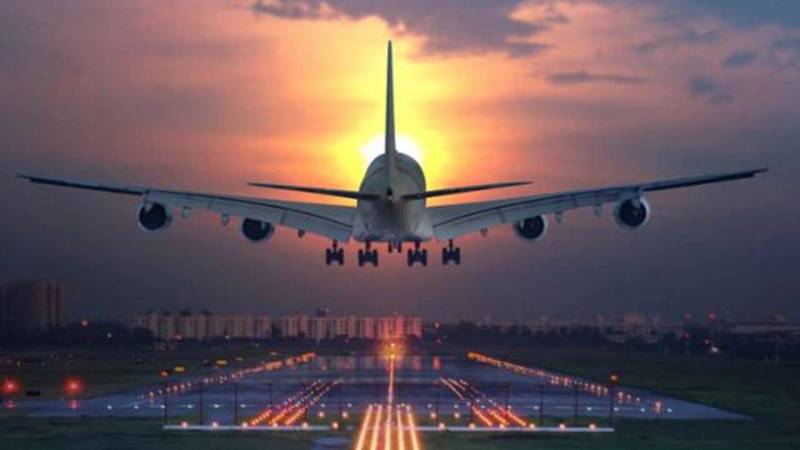We are working hard to save aviation from collapse, DG says
Nigerian Civil Aviation Authority (NCAA), yesterday, confirmed that the local commercial airlines are in financial dire straits, requiring concerted efforts to avert industry shutdown.
Director-General (DG) of the apex regulatory body, Capt. Musa Nuhu, spoke to reporters in Lagos that the twin challenges of fuel and foreign exchange liquidity crises had caused operators into a “pathetic” reality and of “grave concern”.
While he assured that safety remains a priority and non-negotiable, Nuhu said efforts are on to save the sector from ruins.

The Guardian earlier reported that the entire local sector might be in for a blackout over the loss of fleet capacity that has reduced the operators to 38 airplanes as at weekend.
READ ALSO: Funding, Insecurity Stall $2.8b AKK Project, Gas Export
Findings showed that the eight active airlines are operating a cumulative 38.77 percent fleet capacity, with a total of 60 out of 98 listed airplanes grounded, pending the availability of foreign exchange earnings to defray maintenance costs.
Nuhu hinted that besides the duo of Dana Air and Aero Contractors that had closed operations over financial issues, the NCAA had commenced financial and economic health audits of other airlines.
“Nobody has to tell you that these are very difficult times. We have done three (airlines) and are still on two or three, because we are taking them in batches. We also sit down to have discussions with the relevant management.
“Right now, we have financial and economic crises. We don’t want it to cross over to become a safety crisis. That is why we are doing this to manage the crisis and find solutions to the crisis they (operators) are facing. That is why we are working round the clock to find solutions to the problem,” he said.
The NCAA DG noted that the Minister of Aviation, Hadi Sirika, had been working with the Airline Operators of Nigeria (AON) to finding solutions to the forex crisis and assuage the rising cost of aviation fuel that currently sells at an average of N1000/litre outside of Lagos and Abuja airports.
On the five per cent Passenger Service Charge (PSC) waiver requested by the airlines, Nuhu said though the NCAA was willing to support the airline to get out of the woods, the statutory charge is an Act of the parliament and only the National Assembly could subject it to review.
He added that the current fate of the aviation industry could not be treated in isolation of the economic environment that it operates.
“What is happening to aviation is happening to all sectors but air transport has become very critical now due to other challenges of travelling by road. But we cannot quantify the lives of human beings. So, with all these challenges, safety remains a priority and it supersedes all other considerations.
“NCAA is neither a police agency nor here to close businesses. On anything that affects safety, there will be no compromise. I will rather shut down an airline than allow them to operate unsafely.
“The truth that it is a very difficult situation, but all parties, even up to the presidency, are working. All hands are on the deck to ensure that the aviation industry does not collapse. We have no choice than to keep aviation working,” he said.
The implication of having only 38 planes active out of a total of 98 or 38.77 per cent fleet operating capacity is most telling in the surging passenger traffic, shrink in flight network and spike in airfares.
This week most seats on the busy Lagos, Abuja, Port Harcourt, Kano and Kaduna routes, where available, were sold for between N76, 000 to N180, 000 for one-way economy seats. Round-trip tickets ranged between N140, 000 to N260, 000, depending on route, airline and time of purchase.




